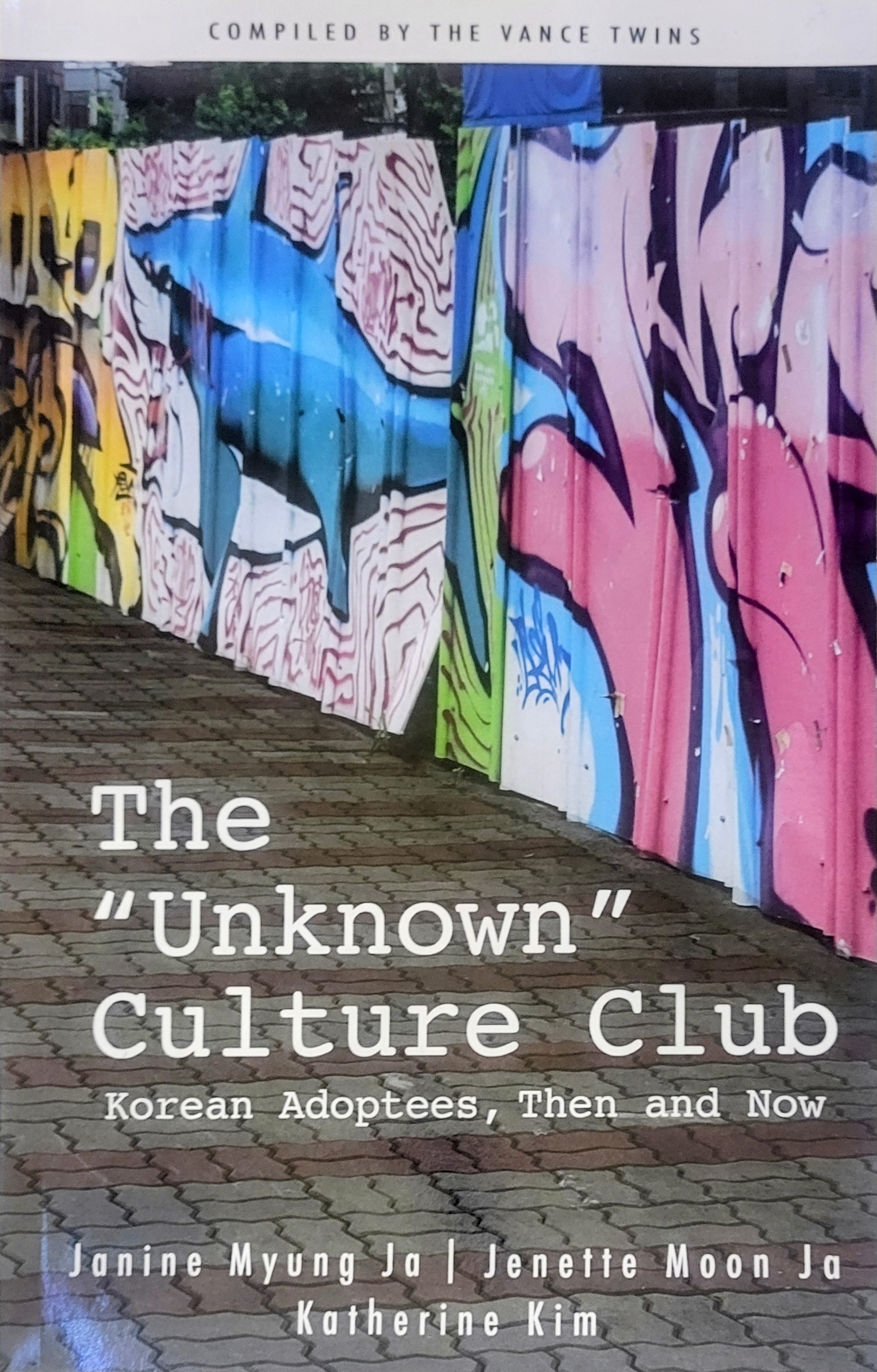~~the "unknown" culture club: korean adoptees, then and now~~
this book consists of a collection of stories/recounts by korean adoptees born in the 1960s/70s-ish about their experience with transnational adoption. as a transnational and transracial adoptee myself, adopted from china to a white family in the u.s., my life has been shaped by the adoption system at a very early age. it has been difficult over the years to fully understand the complexities and trauma associated with this experience due to frequent toxic messaging that framed my adoption narrative as well as little access to other adoptee experiences. while every adoptee experience is different, this book gave me a sense of healing and comfort to know of other's experiences, despite the serious circumstances. i encourage all those who have been adopted, plan to adopt, or simply want to gain a better understanding of the adoptee experience to read this book, keeping in mind this book may be triggering for some (TW: physical/verbal/emotional/ sexual abuse, alcoholism, homophobia - not an all inclusive list).
since this topic is still rather heavy for me, instead of doing a deep dive into the book, i have simply provided a number of quotes that stuck out to me:
"chaos and mental illness don't mix well"(13)
"if there were happy times in my family, i've blanked out most of them. i can't remember if they were forced or genuine"(14)
"i didn't need them. i belonged to a global community of social outcasts: artists, activities, people of color, queers, asian-americans, adoptees, weirdos of all stripes. i've adopted them as my own chosen family"(16)
"during my last conversations with him, he struggled to form the words, 'are we cool?'"(16)
"we struggled to find out what it means to be korean, how to fit into adoptive countries and cultures, and how to find happiness, love, and acceptance. this struggle was part of all of us, myself included"(18)
"my korean parents had abandoned me, and now my adoptive parents were threatening to abandon me. i felt like human garbage - only useful to a point- but then discarded and cast aside once my usefulness was gone"(18)
"we never knew who was going to exit that room"(40)
"i wondered, how could they have knowingly engaged with an institution when deep down they had questioned the ethics of it?"(55)
"my life and my childhood began in korea. i had my family around me...with just a few pen strokes, [the government] sealed my destiny, turned me into an orphan with no one who cared for me to make me much more suitable and attractive for a quick foreign adoption"(62)
"i wonder if the world will ever understand the unfathomable loss that adoption represents for adoptees and their natural families. will it understand why justice means so much? it is more than just a word. it's about our worth as human beings"(63)
"it started with adoption being a small detail about something that happened to me. now, i am not just adopted; i am an adoptee. it defines me. it helps me answer that perplexing question, who am i?"(79)
"it's exceptionally frustrating for me as an adoptee denied of knowing my own roots. the double rub is knowing that my own family can't see how this affects me because, to most of them, my roots are theirs. when i was adopted, i supposedly inherited their family tree"(99)
"we deserve to explore our real roots without guilt and assumptions. but mostly, we deserve not to have to spend so much money and time doing so"(102)
"i bet most adoptive parents hadn't planned to be this cruel when they applied for a child via the adoption process"(124)

